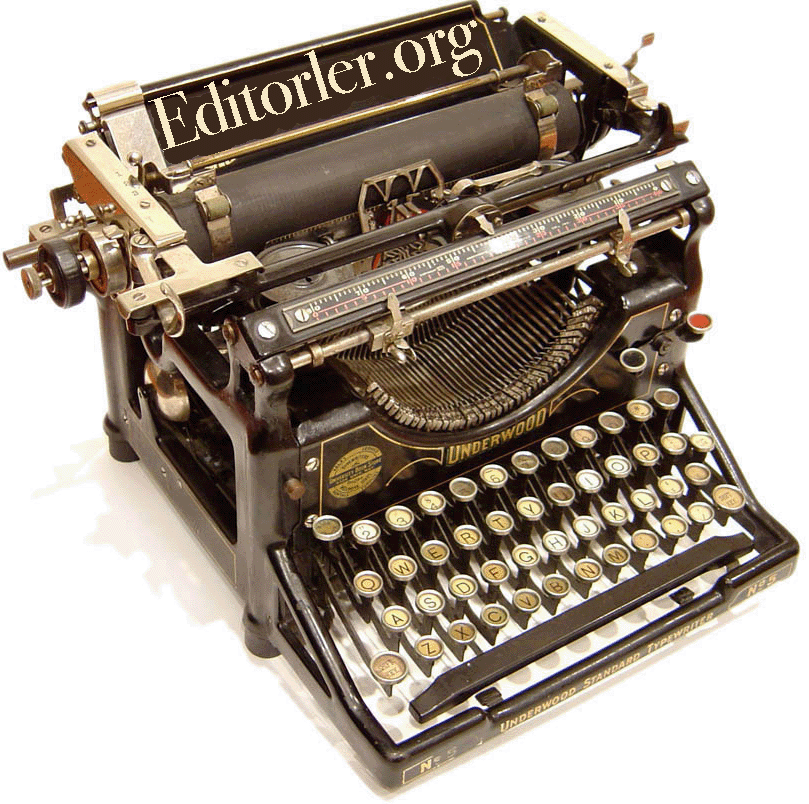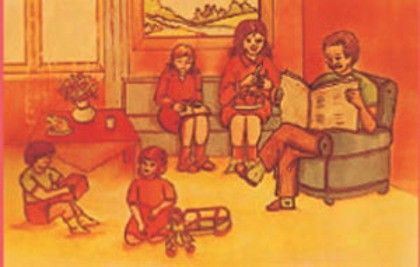Serdar Cevher
Various civil society organizations against sexual discrimination used to organize regular meetings to discuss the classical role of the woman, mostly put forward by family education and supported by national school curricula of young students; but the discussion could not be put on the national agenda for a long time. Although the attitude of the state was highly criticized by many organizations, none of the governments in Turkey, so far, showed any intention to change the curriculum to this effect. But nowadays, mainstream media has taken up the issue..
Distribution of roles in the family
Can Dundar from Milliyet newspaper, quoted from a high-school textbook: “Dad provides the family’s livelihood. Mother, as an assistant of the father, prepares meals, cares about children and gives love to them.” He states that things are not so neither in his family, nor in many other families in which women are employed as professionals.
Dundar points out that gender discrimination does not only exist in textbooks that introduce social sciences to young people, but also in textbooks of math. He underlines that mathematical problems generally are build around male characters while female figures are only introduced in their capacity to serve men.
Content to be changed
According to Dundar, Nimet Cubukcu, the first woman who occupied the post of education minister in Turkey, is not satisfied with the current content of textbooks, especially about the distribution of roles in the family. The minister initiated wide ranging work on the content of school textbooks and now Education and Training committee of her ministry is looking into the textbooks used in primary schools, in order to filter out cases of gender discrimination.
Distribution of roles in social life
There are also some previous studies that dealt with the gender discrimination problem in national education. General Directorate of Women Status and Problems stated that particular professions are matched with men and others with women in textbooks: Women are portrayed as teachers, nannies, maids, saleswomen, nurses and tailors, while men are shown as public employees, explorers and travelers, musicians, artists, sculptors, soldiers, engineers, inventors, doctors and dentists.
A famous well-known sentence in the first year primary school Alphabet in Turkey was “Ali, send the ball to Ahmet”. Hrant Dink, the Armenian journalist who was murdered last year, had written that he wished to see an Armenian name (Agop) too as one of the characters in the book. Today, Can Dundar wishes to see a man who prepares a coffee for her wife working on the computer or a man who prepares the dinner for children, in primary school textbooks. Maybe, both of these wishes could be realized in a fully democratic Turkey in the near future.

